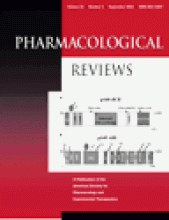Abstract
Drug transporters are expressed in many tissues such as the intestine, liver, kidney, and brain, and play key roles in drug absorption, distribution, and excretion. The information on the functional characteristics of drug transporters provides important information to allow improvements in drug delivery or drug design by targeting specific transporter proteins. In this article we summarize the significant role played by drug transporters in drug disposition, focusing particularly on their potential use during the drug discovery and development process. The use of transporter function offers the possibility of delivering a drug to the target organ, avoiding distribution to other organs (thereby reducing the chance of toxic side effects), controlling the elimination process, and/or improving oral bioavailability. It is useful to select a lead compound that may or may not interact with transporters, depending on whether such an interaction is desirable. The expression system of transporters is an efficient tool for screening the activity of individual transport processes. The changes in pharmacokinetics due to genetic polymorphisms and drug-drug interactions involving transporters can often have a direct and adverse effect on the therapeutic safety and efficacy of many important drugs. To obtain detailed information about these interindividual differences, the contribution made by transporters to drug absorption, distribution, and excretion needs to be taken into account throughout the drug discovery and development process.
- The American Society for Pharmacology and Experimental Therapeutics
PharmRev articles become freely available 12 months after publication, and remain freely available for 5 years.Non-open access articles that fall outside this five year window are available only to institutional subscribers and current ASPET members, or through the article purchase feature at the bottom of the page.
|






